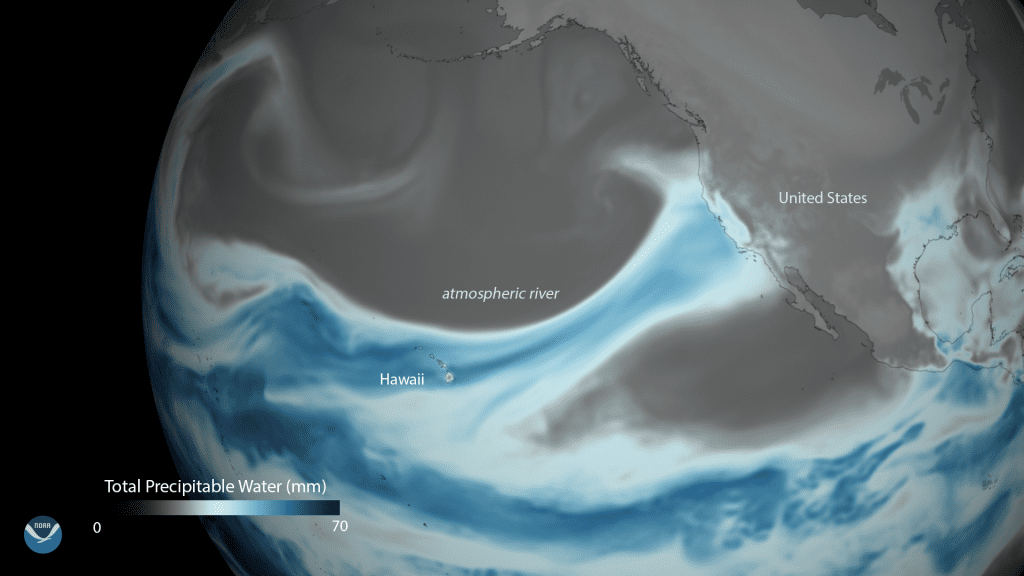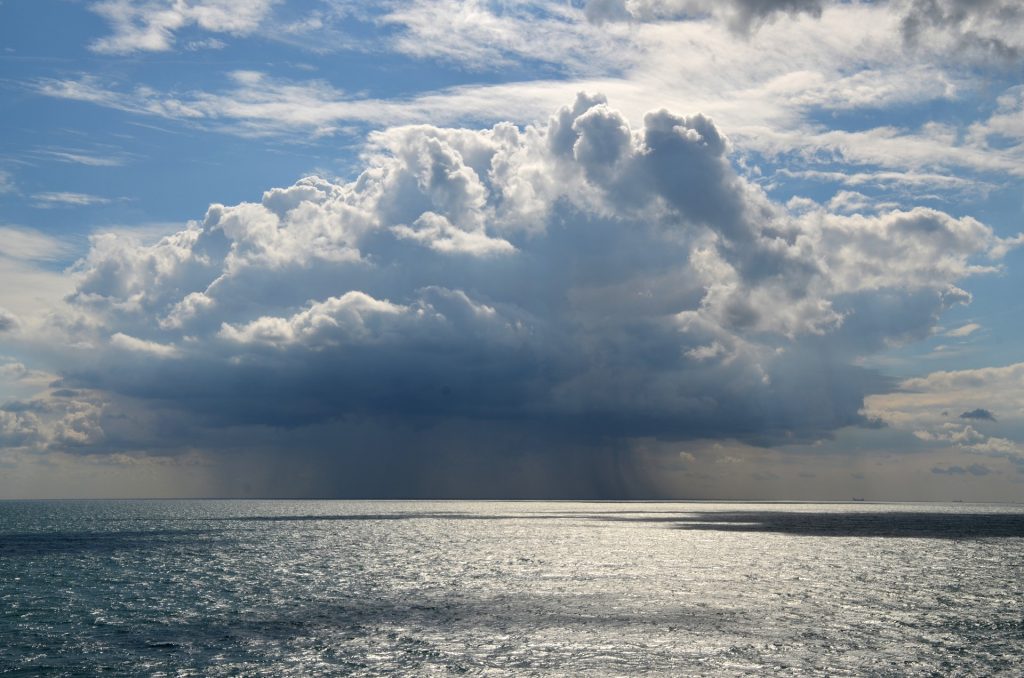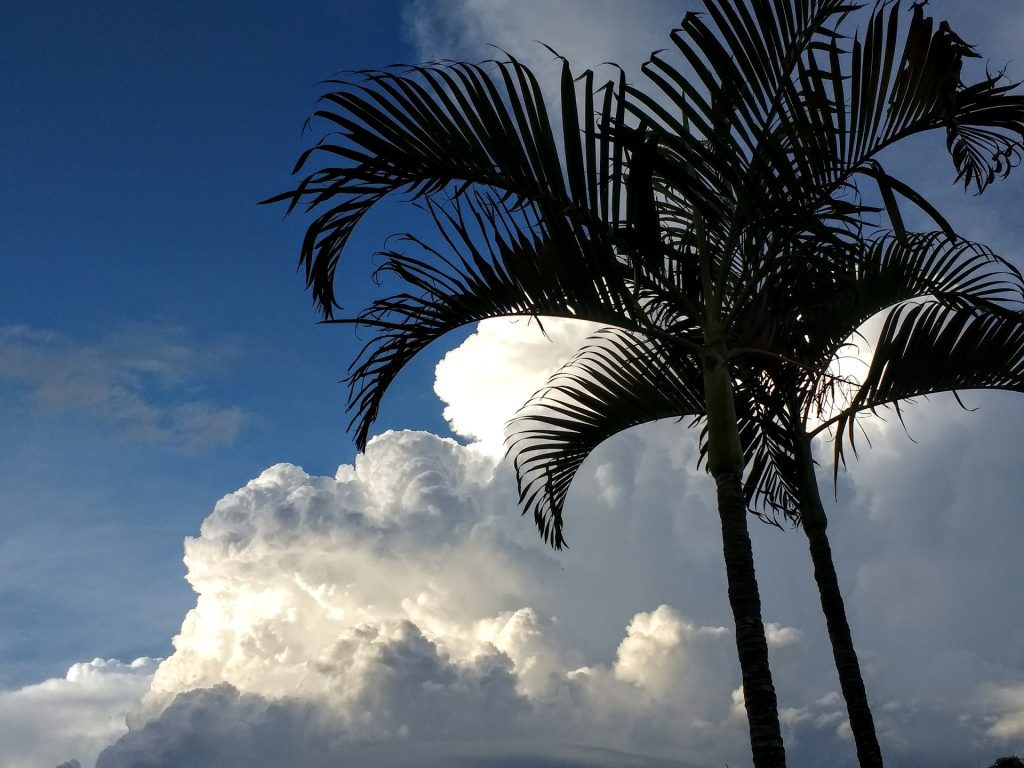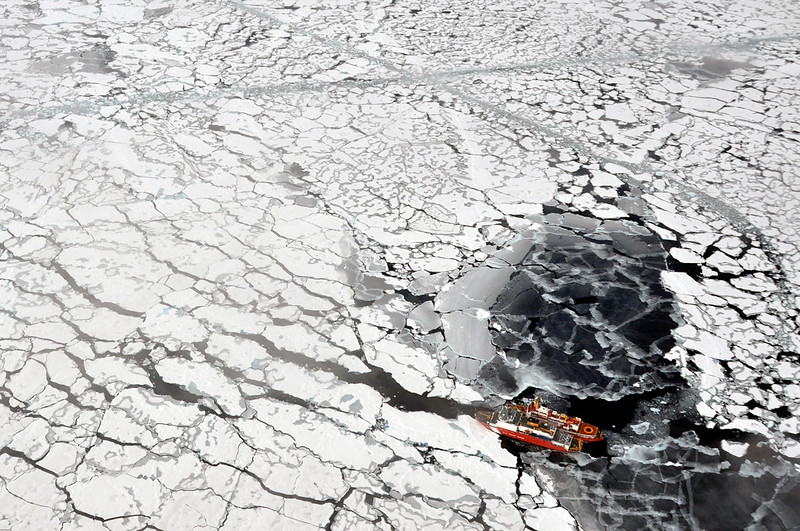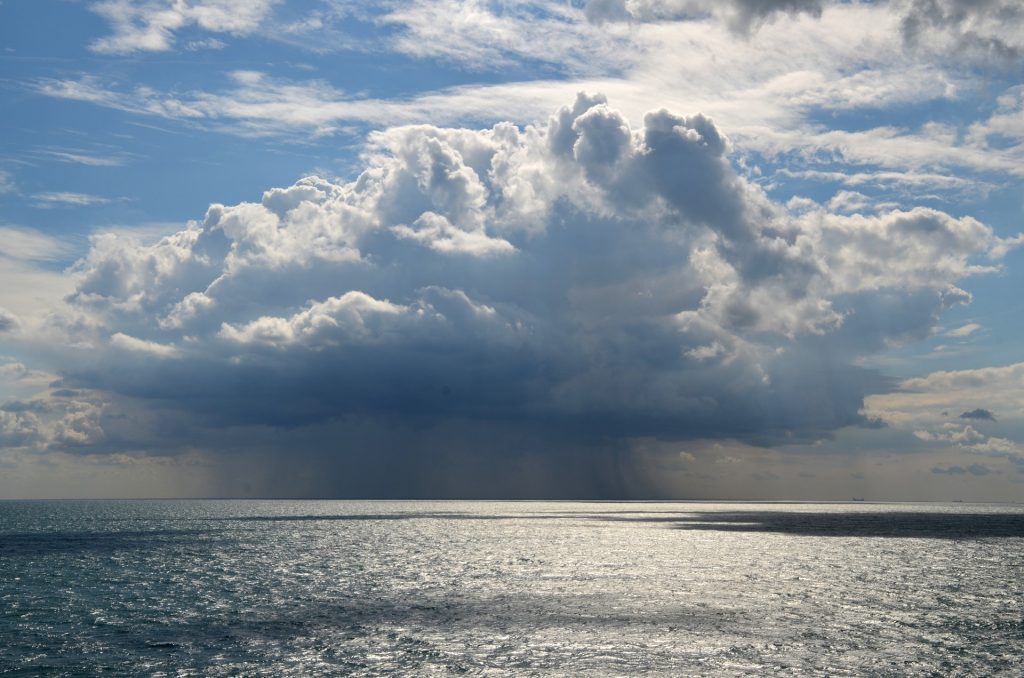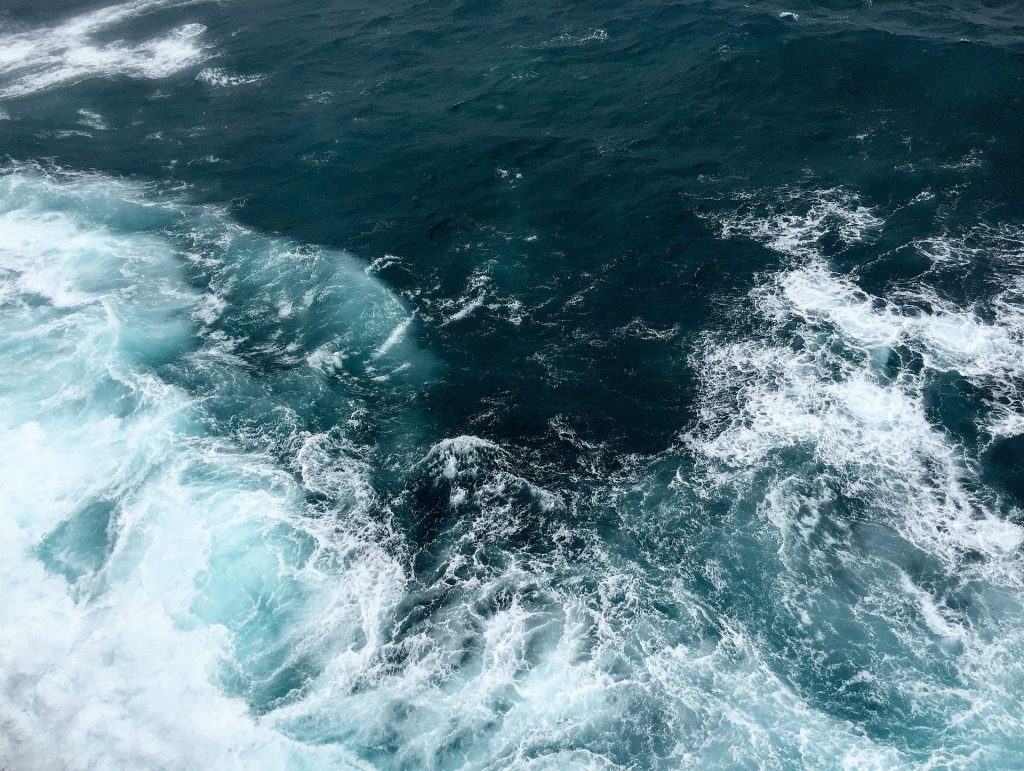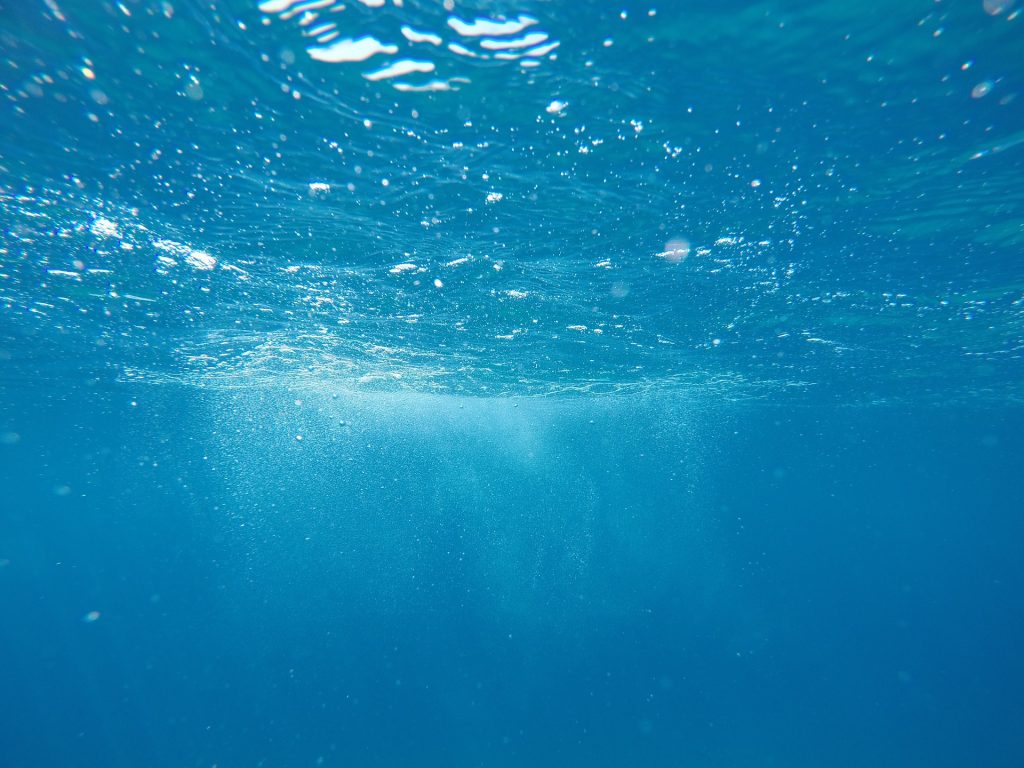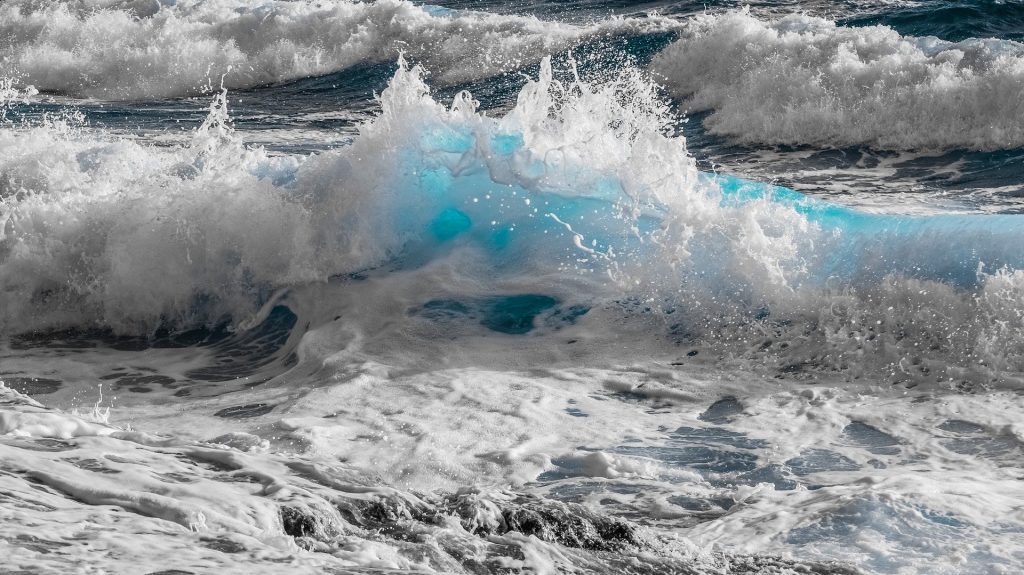Research Highlights Role of Coastal Ocean in Influencing Atmospheric River Intensity
NOAA buoy observations collectively enabled a systemic synoptic-scale analysis of a 39-year record of atmospheric rivers, offering a unique view of coastal air-sea processes at the time of atmospheric river landfall.
Research Highlights Role of Coastal Ocean in Influencing Atmospheric River Intensity Read More »


